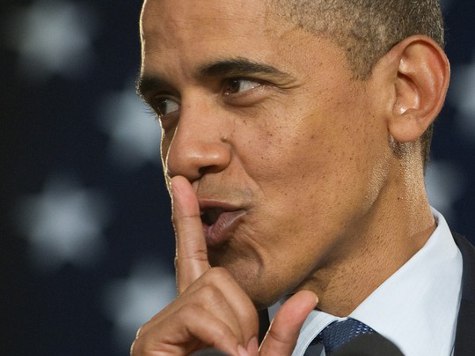
In August 2004, President Bush seemed an underdog in his race for reelection. Already a polarizing figure for a large segment of the population, the war in Iraq was becoming increasingly unpopular, while the media did all it could to promote the growth of an “anti-war” movement. At this time eight years ago, most national polls had Bush’s opponent, Sen. John Kerry, ahead by modest single digits. Yet, just three months later, Bush went on to win reelection with 51% of the national vote and 286 electoral college votes, sweeping all but three of the battleground states. How he did it should keep Romney’s advisors up at night.
The key to Bush’s success was simple: he changed the composition of the electorate. Nationally, the two parties split their share of the electorate, at 37% each. Independents made up 26%. Rarely, if ever, has the GOP enjoyed parity in the national vote. But, what the party did in the battleground states was truly remarkable. In all but three of eleven battleground states, Republicans outpolled Democrats. In some cases by very large numbers. Even in the three states where Democrats still had an edge in turnout, the GOP share of the vote was higher than it had ever been.
Check out the party split in the vote: FL R+4, OH R+5, CO R+9, NH R+7, MO R+1, NV R+4, WI R+3, IA R+2, NM D+7, MI D+5 and PA D+2. This partisan advantage allowed Bush to lose independents to Kerry, often by large double-digit margins, and still eke out narrow wins in almost all these states. (Example: Bush lost independents to Kerry by 19 points and still carried the state.) Bush only lost PA by 2 points, Michigan by 5 and WI by 6,000 votes.
The Bush campaign deployed a massive, at the time groundbreaking field operation. They hustled for new registrations and found GOP voters where no one had thought to look. (I guarantee you, if yesterday’s Chick-Fil-A event had happened eight years ago, the Bush team would have been out registering voters.) They had one of the most impressive voter turnout operations in modern presidential history. These used wedge issues like gun rights, gay marriage, and abortion to fuel a higher GOP turnout.
One doesn’t have to be a political professional to see the similarities with today’s campaign. It goes a long was to explaining why Obama and the media are obsessed with sparking a new “cultural war” around social issues like contraception and same-sex marriage. The left’s ongoing obsession with Voter ID laws is designed purely to boost minority turnout. Same with Obama’s directive on a very modified DREAM Act. Its the Karl Rove playbook to fire up one’s voting base.
Bush also thoroughly discredited his opponent on the number one issue that election, national security and the war on terror. Which is basically what Obama is trying to do to Romney on today’s number one issue, the economy. If Romney repeats Kerry’s mistake and fails to offer a compelling counter-narrative, he too risks being discredited with voters on their top concern.
Now, I’m not certain that this is going to work for Obama. The GOP base is currently very fired up about this election. Obama will need to eclipse 2008 turnout levels to counter this enthusiasm. 2008 Democrat turnout already had such historically high levels, it would be tough to match, let alone surpass. And, while Bush was able to convince the public that we were making concrete progress in the war on terror, Obama is unlikely to be able to convince voters of the same on the economy. The economic trend-lines for the rest of the year are not at all likely to improve and will probably worsen.
Kerry thought the 2004 election was about winning the independent vote. He did that by 2 points nationally and by large margins in the battleground states, yet still lost the presidency. Bush made the campaign a “base election” and it propelled him to reelection. Hopefully, Romney will follow Bush’s example and not Kerry’s.

COMMENTS
Please let us know if you're having issues with commenting.